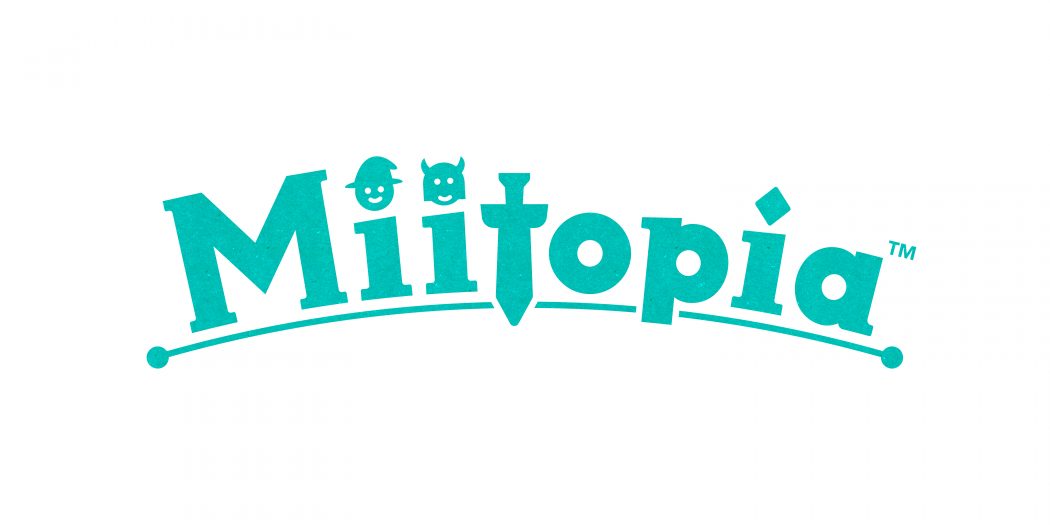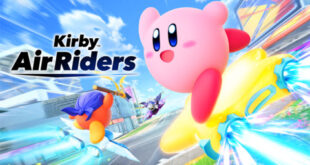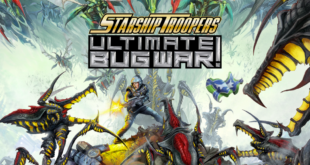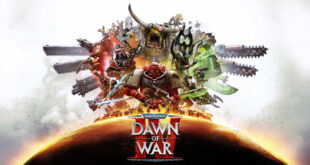Tomodachi Life meets traditional RPG for an entertaining, but simple, adventure in Miitopia for 3DS.

Miitopia is a stage play. You’re sometimes the playwright, sometimes the casting director, and often the audience. Its a simple RPG that takes the expected tropes and adds humorous spins. There are classes, but the classes include a Cat, a Flower, and a Princess. There are dark lords and powerful sages, but the dark lords might be Darth Vader and Emperor Palpatine, and the powerful sage might be your neighbor’s dog. Miitopia streamlines the formula, and sometimes eschews it entirely.
Auto-pia
Miitopia seems to be built for multi-tasking. Almost every part of the experience is automatic. The characters make their way through dungeons on their own, only requiring the rare tap of an exclamation on the bottom screen, or a button press when you run into a chest. Your party members act without your input (no matter what). You can make your character fight automatically. Party members will even decide how they want to spend your money.
It becomes, then, a sort of RPG simulator. You put a bunch of characters together, and you give them the foundation to make the right choices. You pick your party’s classes, and can often pick harder or easier routes through different areas. You decide who to equip with what, and who to give bonus experience and stats to (by feeding them with morsels of monster meat). You decide who goes into battle.
And you root for them, while they grind, while they build relationships, while they hate each other, and while they fight against dangerous bosses.
It’s a little more active than all that when you’re paying attention, but not by much. You’re only picking a fourth of the moves used by the party, after all.
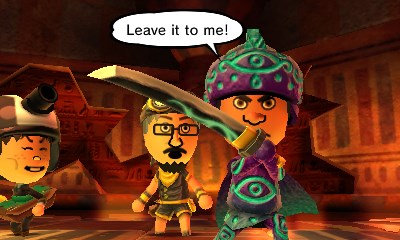
Festive Free-for-all
Somehow, though, the battles still come together in that way RPG battles do, when all the active abilities, strategies, and plans you’ve been building come to fruition. It’s a joy when your Cat, who sharpened his claws (to double the damage of his next attack), uses a powerful single target move on the boss, after an Imp lowered its defense by whispering sweet nothings into its ears, and all three party members decide to help out, causing numbers to fill your screen and your foe to fall. Many of those boss battles, and only more the less grinding you did, require you to pay attention, to sprinkle healing pixie dust to regain health or MP after every round, to consider and reconsider your next move whenever you get a chance to make it. You’ll pull allies out of harm’s way so that they can recover from status ailments, and put them back at the opportune moment, perhaps dodging extra damage in the meantime.
Once your combat does begin to demand a little bit extra, and begin to reward your relationships and pre-laid strategies, the game decides (a couple of times) to bring you back to square one. A new party made up of new classes gives you the opportunity to bring other Miis (and by extension other friends, popular characters, or pieces of art) into your adventure. However, this comes at the expense of the building battle system. Your new characters won’t have those relationships that let them back each other up. They won’t have a solid repertoire of skills to compliment each other. You’ll work from level one to ten three times in a row before it all comes together, and during the third round especially you’ll wish you could still be level twelve, with a friendship rating of 28 with another party member, and with an entire party whose stats have been extensively expanded by food.
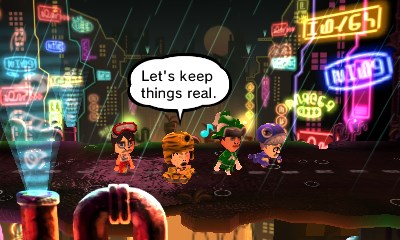
A Lot of Short Walks
The game’s map has some diversions, including a wandering chef and an excitable quiz master, that provide minor distractions while you’re questing through identical areas (in terms of gameplay). Otherwise, adventuring is simple. You’ll pick a place or dungeon to enter. Your characters will walk through it (or run, if you hold B- which I recommend if you’re ever paying attention). Speech bubbles with sometimes entertaining drivel (and several fart jokes) will pop up regularly, but after the first few minutes are no longer worth paying attention to. Monster fights, goofy scenes, and the occasional lever will interrupt the automatic walk, and at the end of each area (which take a minute or two to get through) is an inn. The tasks you’ll take care of while at the inn (shopping, eating for extra stats, playing a roulette, and adjusting your party) will take as long (or longer) than the area itself. And seeing as this is a Nintendo game in 2017, you will be asked constantly if you’d like to continue playing. Once, I launched the game and viewed a single cut-scene before the inquiry was made. While the answer was “Yes,” being asked several times in a relatively short play session gets annoying.
In the beginning of the game, those areas have consistently branching paths, tempting you to revisit to cover the map in gold flags, find all the chests, and grind for a few more experience points, but fortunately the later game streamlines most areas so that you’re constantly moving forward to the goal.
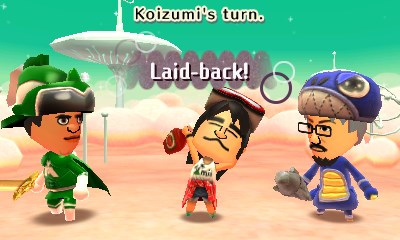
A Show Worth Admission
Miitopia is at its best when you’re given the opportunity to put your friends, enemies, or favorite pop culture icons into hilarious situations (not unlike Tomodachi Life). Whether that means Princess Daenerys loves childhood friend John and scorns her husband-to-be, Jorah, or your own father is the Dark Lord who steals everyone’s faces, the wild antics you can get up to just by casting the right Mii in the right place greatly adds to the enjoyment. If anything, it’s too bad more emphasis wasn’t placed on the story scenes and casting important (and often embarrassing) characters. Ten party members is certainly plenty, but there are only ten major story characters. If you’ve created a collection of favorite Miis from Tomodachi Life (which the game will let you pull Miis from), then you may find you’ll run out of roles before you run out of actors. The story scenes also don’t come often enough, sometimes leaving you in a slog through the gameplay-identical dungeons without a plot to pull you along.
Of course, if you don’t have any Miis (or enough), the game lets you pull from your friends’ Miis (or at least the ones they use as their 3DS avatar) or from Miis made by people around the world, sorted so that the likes of Gandalf, Vladimir Putin, Mario, Darth Vader, Peter from Family Guy- etc.- are all ripe for the picking. Town civilians are automatically filled with these icons, if you connect to the internet, to great effect. However, I find that the best times are found when at least some of your Miis are people you know.
Casting doesn’t provide the only humor. The enemy designs and animations are sublime, and range from standard blobs, goblins, and golems to the bizarre, like twerking turkeys with mouths on their butt cheeks or “Running Noses” with legs instead of boogers. Watching the Miis get into fights, impersonate each other, or dream that their friends have turned into stone rarely caused me to laugh out loud (especially the third or fourth time), but these goofy events have a charm all their own. Generally, though, their dialogue does tend to gravitate too often to toot jokes.
Final Thoughts
While it may seem telling that Miitopia is a good game to play when you’re multitasking, it shouldn’t be underestimated. When everything comes together- including humor, casting, and battle cadence- it’s a unique kind of entertainment only possible with Miis. Just don’t expect the difficulty or depth of a traditional RPG, intelligent humor, or varied game-play.
Miitopia
Release Date: July 28th, 2017
Platform: Nintendo 3DS
Publisher: Nintendo
Developer: Nintendo
Cruise Control
Combat - 75%
Casting - 80%
Cruise - 60%
72%
Good
Miitopia is an RPG-lite that can sometimes be a little too light. The fun is in seeing and sharing your Miis' shenanigans, and the combat when everything comes together. However, the simplicity and automatic nature of the game make it best as a second-screen experience.
 BrutalGamer Bringing you Brutally Honest feedback from today's entertainment industry.
BrutalGamer Bringing you Brutally Honest feedback from today's entertainment industry.

